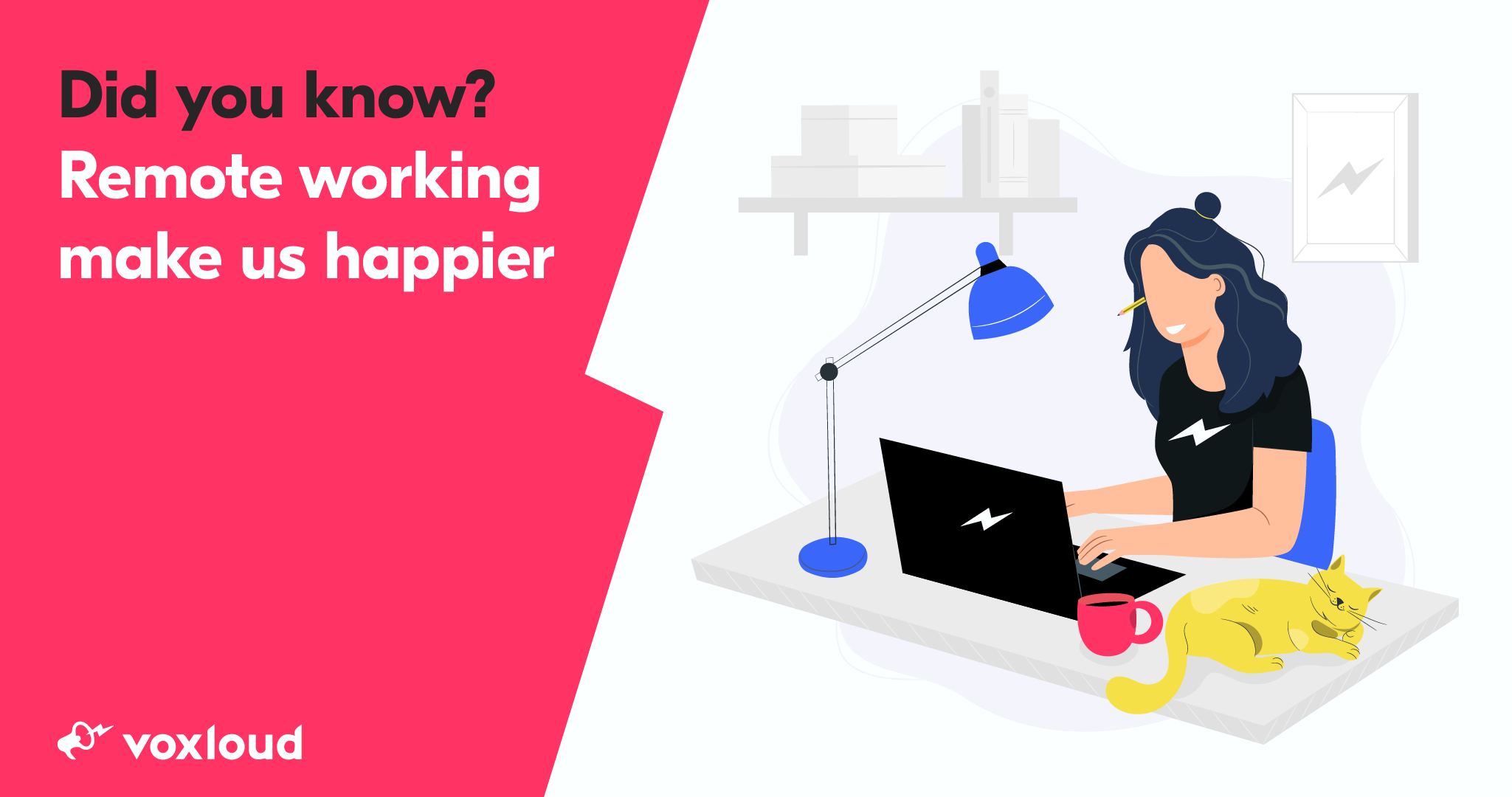The world has transformed from a model focused on office work to one focused on remote working. Office work has given way to remote work.
In fact, according to research by People Matter, remote working has increased by about 45% in recent years and by about 90% in just one year. Globally, over 38% of companies routinely hire remote workers.
Remote working allows employees to work outside the traditional office, both full-time and partially or even intermittently. All key tasks are performed outdoors and exclusively in a conventional office environment.
Remote staff should be able to perform the tasks for which they were hired, without the use of actual office facilities. This means fulfilling work assignments efficiently and profitably in the space made available by their employer.
To ensure that remote staff can get their jobs done, provide premium technologies, such as video conferencing and telecommunication applications and tools for remote employee management. He may also need time tracking tools.
A reliable internet connection is essential for employees who work remotely. In a nutshell, it ensures that your employees are able to meet deadlines without being constantly interrupted and that their home “workstation” can support the various applications needed to get their jobs going.
Advantages of remote working
Some companies have switched to work completely remotely, abandoning traditional offices altogether. Finding it more appropriate to accept additional costs for software subscriptions, and depending on the agreements with employees, computers and travel costs to be able to arrange in-person meetings, considering however that they are still saving on overall annual costs.
Improved Employee Satisfaction: Over 60% of employees who work remotely said they prefer to work from home.
In addition, people who feel satisfied working from home can also benefit from spending more time with their family, can comfortably take care of their personal chores or even work outside conventional hours if necessary.

When employees are satisfied, they are also happier and in tune with company goals and don't care about the effort required to achieve them.
According to a Eurispes survey: 66.2% of those who worked remotely say they are satisfied with the organization of work, 62% with regard to the management of time and schedules. More than half of the sample also felt comfortable in coordination with colleagues (57.5%), with superiors (56.4%) and with the workload (56.2%).
Whether there are more pros or cons, in the decision to hire a resource remotely, one thing is certain: the concept of remote working has now taken hold, and it certainly won't stop now. A completely new generation of employees now only works in this way.
Keep in mind that one of the most inspiring reasons for convincing new candidates to accept the proposed job is to offer them the opportunity to work from home. Your candidate in question will be more eager than ever to find out more about your job offer and your company.
If you feel that offering remote job positions can easily fit into your company's modus operandi, then you are on the right track. If not, you will need to consider adjusting the perspective of your Human Resources department.
Of course, the transition from a strictly in-person configuration to a fully remote or partially working arrangement has its drawbacks. Despite this, you are in the dance right now, and it would be great to dance!




